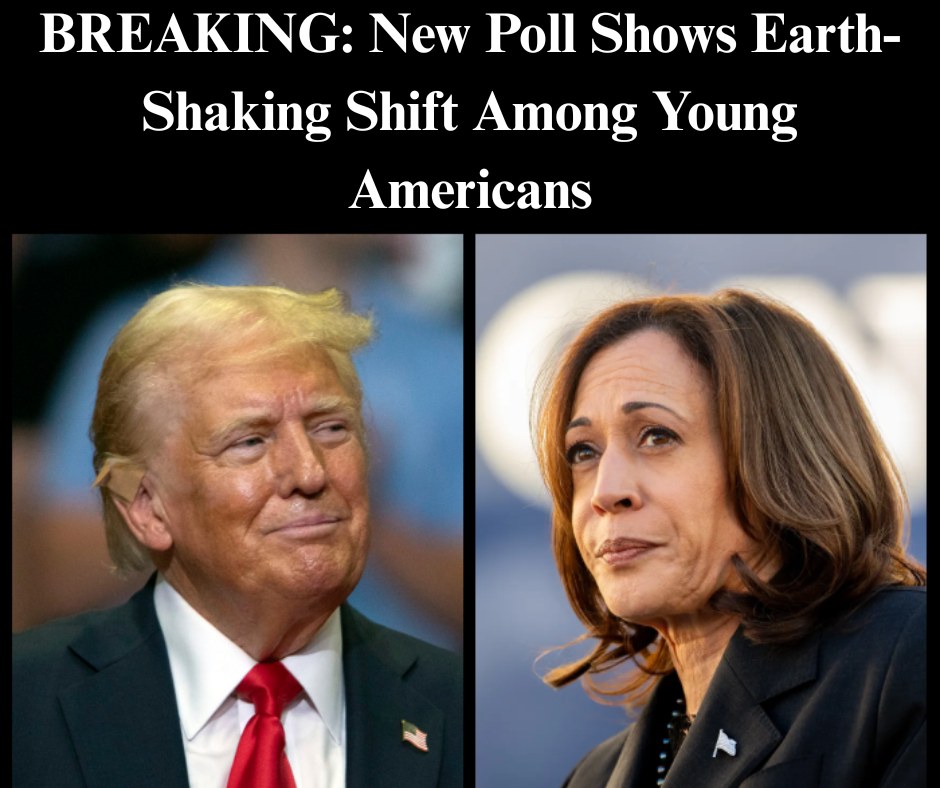A new Yale Youth Poll has exposed a striking generational divide in American politics—delivering a particularly harsh blow to former Vice President Kamala Harris among the nation’s youngest male voters. Conducted in early April and released this week, the poll shows that men aged 18 to 21 now view President Donald Trump favorably by a net margin of +7, while Harris has fallen to a dismal -48 favorability rating. The resulting 55-point gap between the two is a rare and dramatic disparity in modern polling.
The poll, conducted by an undergraduate-led research initiative at Yale University, surveyed 4,100 registered voters, including an oversample of 2,025 voters between the ages of 18 and 29. It explored a broad range of topics, from immigration and free speech to message testing on political narratives. However, the most striking finding emerged in the age-based breakdown: while voters aged 22–29 leaned Democratic, favoring the party by 6.4 points on the generic congressional ballot, those aged 18–21 broke sharply in the opposite direction—supporting Republicans by a 11.7-point margin. The result highlights a notable generational split within Gen Z itself.
Political analysts are taking notice—and it’s not just the favorability ratings drawing attention. On nearly every cultural flashpoint covered in the survey, voters aged 18–21 expressed more conservative views than their slightly older counterparts. They showed greater skepticism toward gender transition treatments for teens, stronger support for standardized testing in college admissions, and increased backing for tough-on-crime sentencing policies. While a slim majority of all voters opposed transition treatments for teens aged 13–17, opposition was especially strong among younger male voters.
Still, the broader 18–29 age group continued to lean left on several key issues. They overwhelmingly opposed deporting international students who protest the war in Gaza, expressed strong support for legal immigration, and were generally in favor of progressive tax increases, especially those targeting the wealthy and large university endowments.
Harris’s low standing among young male voters may be attributed to several factors: her close ties to the Biden administration, her involvement in divisive culture war issues, and media appearances that have been widely criticized as out of touch. Whatever the cause, the data makes clear that she is facing serious challenges with a demographic Democrats have traditionally relied on as a cornerstone of their future support.
